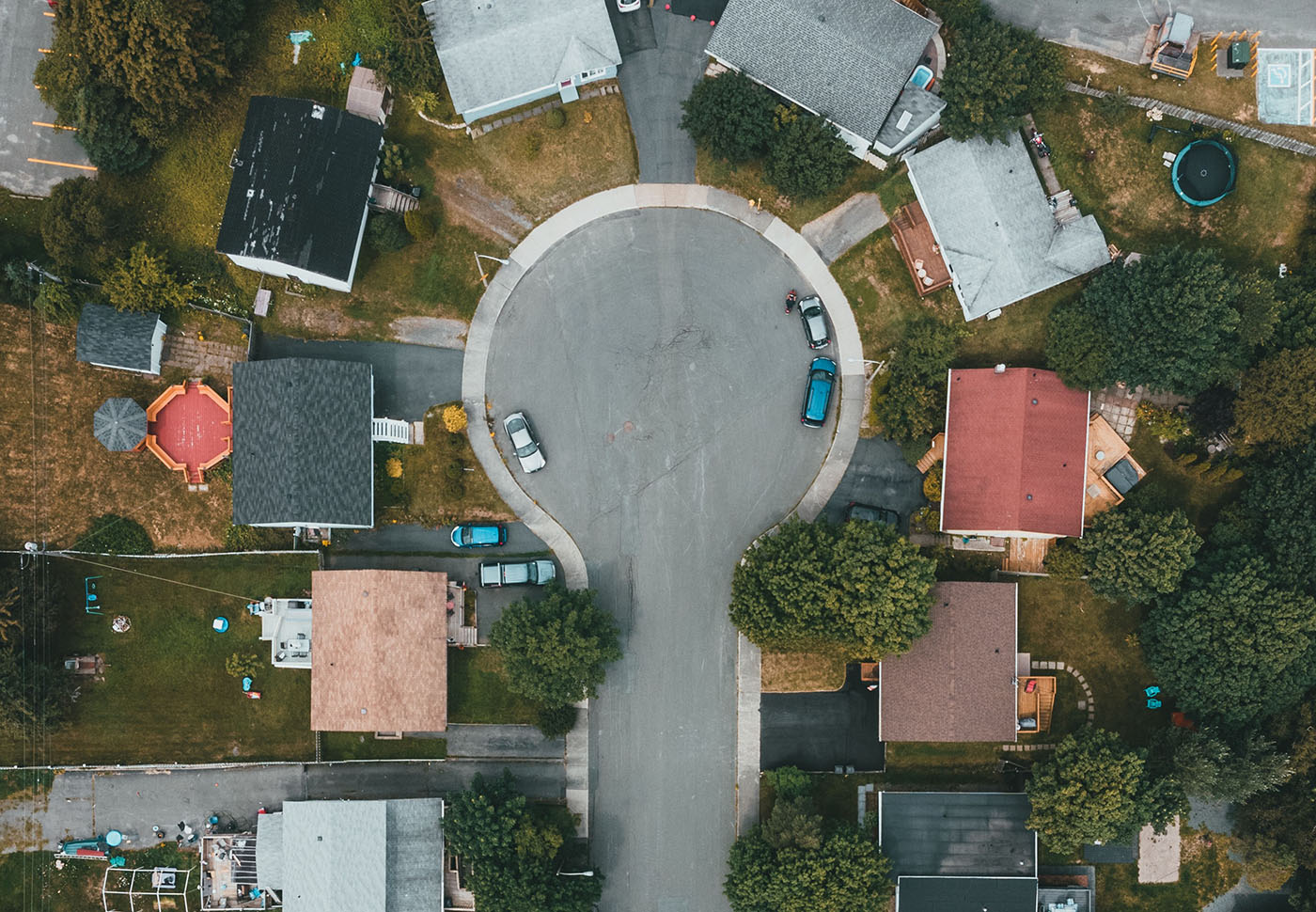 The U.S. has lost 58 "million-dollar" cities —cities where the typical home is worth $1 million or more— since the housing market peaked last July, according to a new Zillow analysis. In the six months after the peak, the typical home in million-dollar cities lost an average of $114,500 in value.
The U.S. has lost 58 "million-dollar" cities —cities where the typical home is worth $1 million or more— since the housing market peaked last July, according to a new Zillow analysis. In the six months after the peak, the typical home in million-dollar cities lost an average of $114,500 in value.
The housing market is singing a much different tune than in recent years as it continues to rebalance toward normal. Last year set a record for the most new million-dollar cities amid supercharged housing demand. Both demand and supply hit the brakes in the second half of 2022 after mortgage rates spiked.
Homebuyers, stretched thin in what they could afford, flocked to lower-priced homes, a reversal from earlier in the pandemic. With fewer buyers able to use the support of historically low interest rates to help afford homes with a high price tag, expensive markets felt the biggest impact of the slowdown.
"Unfortunately for buyers, mortgage rates have overwhelmed these price cuts. But even though competition is picking up as we enter home shopping season this spring, it's a much friendlier environment to buy a home for those who can make the finances work," said Anushna Prakash, economic data analyst at Zillow. "Sellers may have missed the market's peak, but they can still get a higher price for their homes than last year in most markets, and certainly more than they would have before the pandemic. Getting the pricing right and boosting a home's online curb appeal are keys to success for this spring's sellers."
The typical U.S. home is worth 4.1% less than it was last July, according to the Zillow Home Value Index. In current million-dollar cities, the typical home has lost 6.3% of its value during that time, on average.
Thirty-two states are home to at least one million-dollar city. There were 33 states with one such city last summer, but Montana's lone million-dollar city has since fallen off that list. Gallatin Gateway, a small community in the Bozeman area, has seen its typical home value fall to $987,824 —down about $117,000 since peaking in June.
Coastal states continue to dominate the list. Of the 464 current million-dollar cities, 387 are in a state on either U.S. coast. California alone has 190 million-dollar cities, more than the next six states combined. There are 37 cities with a typical home value of more than $3 million, 36 of them in coastal states and one in Hawaii.
California has also lost 20 million-dollar cities since July, easily more than any other state. Texas and New Jersey are next, losing five million-dollar cities each. Florida has lost four, and Utah and Hawaii have each lost three.
At the metro level, the New York City area has the most million-dollar cities, with 90. San Francisco (67 million-dollar cites), Los Angeles (53) and San Jose (21) are next, with Boston (19) holding enough strength to round out the top five, after tying with Seattle at this time last year.
Los Angeles has lost the most million-dollar cities since July, with seven falling below that mark. The New York City metro area has lost six, San Francisco has lost four, and Austin has lost three during that time.
To read the full report, including more data, charts and methodology, click here.

 theMReport.com Your trusted source for mortgage banking news
theMReport.com Your trusted source for mortgage banking news








